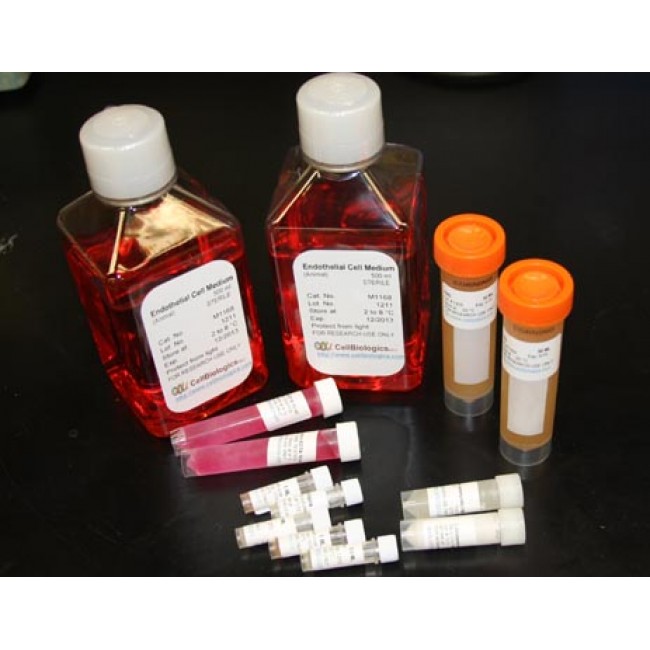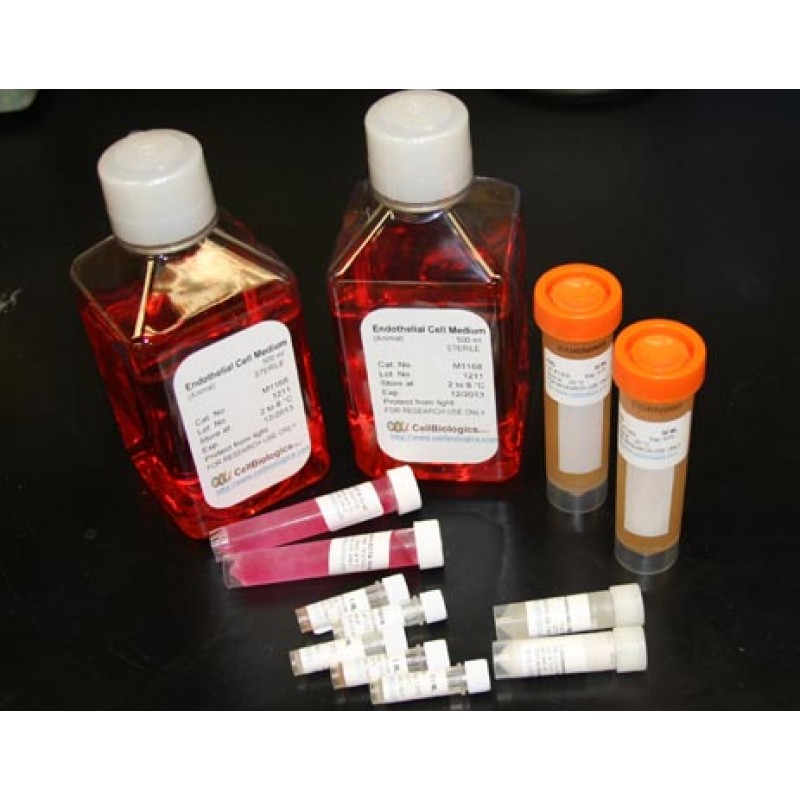G-CSF is secreted by monocytes, macrophages, and neutrophils after cell activation. It is produced also by stromal cells, fibroblasts, endothelial cells, epithelial carcinomas, acute myeloid leukemia cells, and various tumor cell lines. The synthesis of G-CSF can be induced by bacterial endotoxins, TNF, IL1 and GM-CSF. Comparison of the primary sequence of G-CSF with those of the two other colony stimulating factors, GM-CSF and M-CSF, shows that the three factors are not related to each other. G-CSF stimulates the proliferation and differentiation of hematopoietic progenitor cells committed to the neutrophils and granulocytes lineage in a dose-dependent manner. G-CSF synergises with some other cytokines, including GM-CSF and IL4. GM-CSF and G-CSF are required, for example, to develop neutrophilic colonies in vitro. The concerted action of G-CSF and Epo is required to support the growth of mixed colonies of the early erythroid progenitors. A combination of IL4 with G-CSF has been shown to lead to synergistic suppression of the growth of some human leukemic cell lines. Recombinant Rat G-CSF is a 21.6 kDa protein consisting of 196 amino acid residues.


